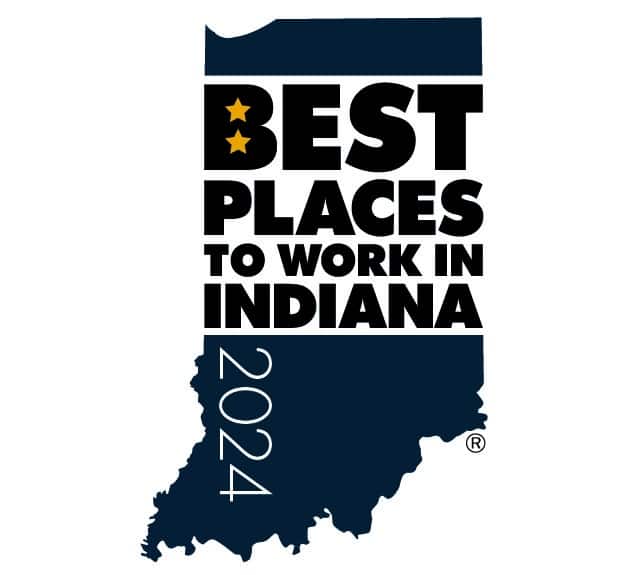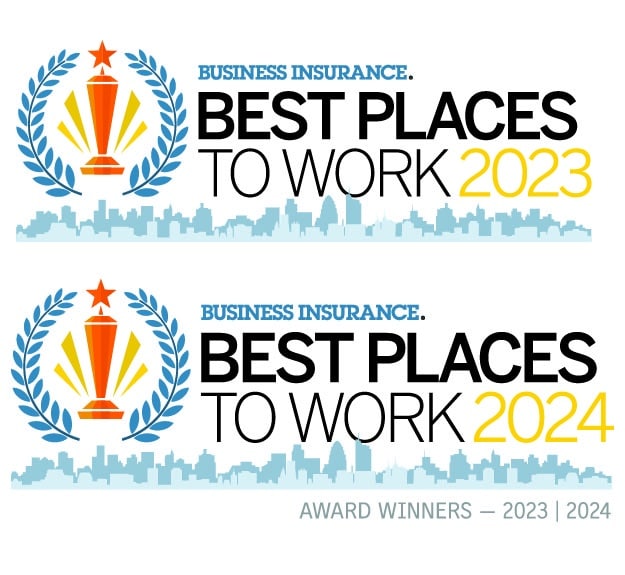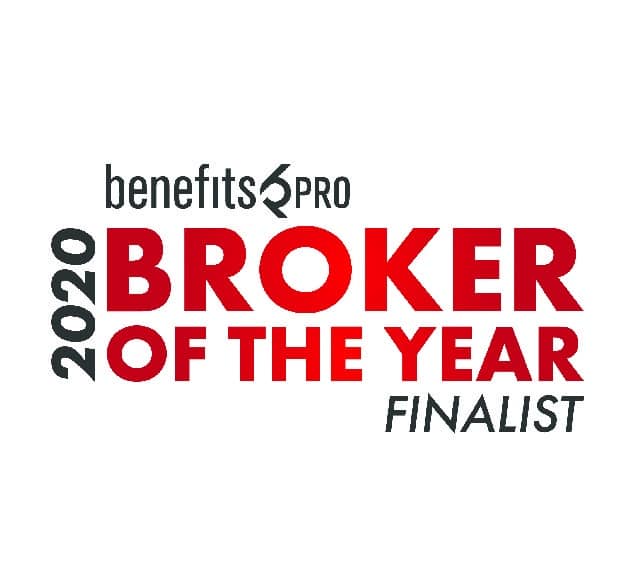Stay Curious — The Difference a Benefits Specialist Can Make

The difference a Benefits Specialist can make. A medical specialist needs to have excellent communication skills and expertise to accurately diagnose and treat defined conditions. Similarly, a benefits consultant needs to have in-depth knowledge of employee benefits to offer useful advice and recommendations. Both roles require specialized knowledge and a high level of expertise to achieve optimal outcomes.
Some brokers and consultants focus on serving as intermediaries between employers and insurance carriers, selecting the best benefits options for a company, and then moving on to another. Others, who specialize in benefits, concentrate on enhancing benefits strategies, ensuring compliance, and aligning benefits with organizational goals, all while staying within budget. They are experts in their fields, often exceeding expectations.
The cost of employee benefits - who you choose matters.
Employee benefits are a vital part of business and often one of the top five expenses for an employer. According to the Bureau of Labour Statistics, US employees averaged $45.42 per hour in total compensation expenses. A significant portion of that expense, more than 30%, covered employee benefits. Whether a business has 50 employees or 500, employers need help to make well-informed choices that result in affordable, comprehensive benefits to protect and maintain this important investment.
However, due to the complexity of healthcare and benefits, some employers have turned to program solutions that combine payroll and benefits. While this can simplify the management of employee benefits, there can be limited or delayed communication with the broker and less flexibility, making it more difficult to customize the plan to support employees’ mental, physical and financial health and maximize cost savings. 
The “easy button” isn’t always the best choice.
A successful benefits program begins with a well-thought-out design. A consultant who specializes in employee benefits is better able to design and implement a program that meets their client's needs. When getting advice from your broker or consultant consider these key points:
- It can be easy to select quick, straightforward benefit solutions. The easy solution, however, isn’t always the best. Every company is unique. Your benefits program should reflect your company’s values and objectives.
- Is your program being evaluated appropriately? Your broker should ask detailed questions and analyze data within your plan. This can help maintain compliance and lower costs.
- Get advice you can act on. Reaching a mutual understanding of problems and solutions is essential. Any doubt in the performance of your benefits program should be investigated and any questions you have should be answered in a language that you and your team can understand – without complicated benefits terminology.
- Don’t undervalue your benefits program. Simply handing a renewal over to an employer for review and approval is inadequate. Your broker should be excited about your benefits program, ready to discuss any changes to the company or workforce and offer solutions to problems and suggestions for improvement.
- Is your consultant or broker up to date with industry standards? Brokers and consultants need to stay informed about evolving rules and regulations, including any changes to the Affordable Care Act, COBRA, HIPAA, and ERISA. Attending conferences, gaining continued education and maintaining a robust network of industry contacts helps to share insights, and stay ahead of change and is essential for navigating the complex benefits industry.
Employee benefits can be challenging to understand and complicated to manage, but with the right knowledge, information, and support, you can create benefits offerings that stay within the budget and are appreciated by your people.
Ask the right questions about your employee benefits then ensure you get the right answers.
A doctor cannot treat a patient without asking questions and reviewing required testing. The same is true for a benefits consultant. When speaking to your consultant or broker ensure you receive quality and thoughtful advice. Create a benefits program that stands out from the crowd. The possibilities are endless.
Don’t let your benefits become an afterthought. If you have questions about your benefits program don't hesitate to reach out.












